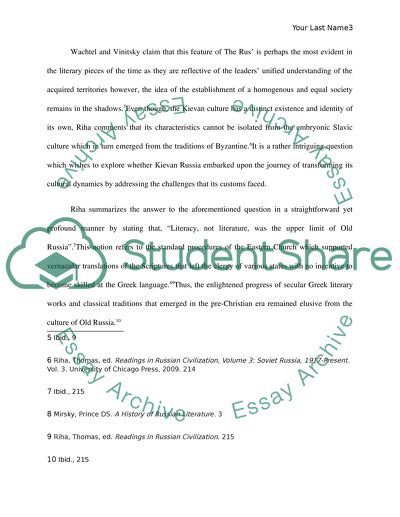Cite this document
(“The Culture of Old Russia in Old Chronicles Research Paper”, n.d.)
The Culture of Old Russia in Old Chronicles Research Paper. Retrieved from https://studentshare.org/literature/1485177-the-culture-of-old-russia-in-old-chronicles
The Culture of Old Russia in Old Chronicles Research Paper. Retrieved from https://studentshare.org/literature/1485177-the-culture-of-old-russia-in-old-chronicles
(The Culture of Old Russia in Old Chronicles Research Paper)
The Culture of Old Russia in Old Chronicles Research Paper. https://studentshare.org/literature/1485177-the-culture-of-old-russia-in-old-chronicles.
The Culture of Old Russia in Old Chronicles Research Paper. https://studentshare.org/literature/1485177-the-culture-of-old-russia-in-old-chronicles.
“The Culture of Old Russia in Old Chronicles Research Paper”, n.d. https://studentshare.org/literature/1485177-the-culture-of-old-russia-in-old-chronicles.


